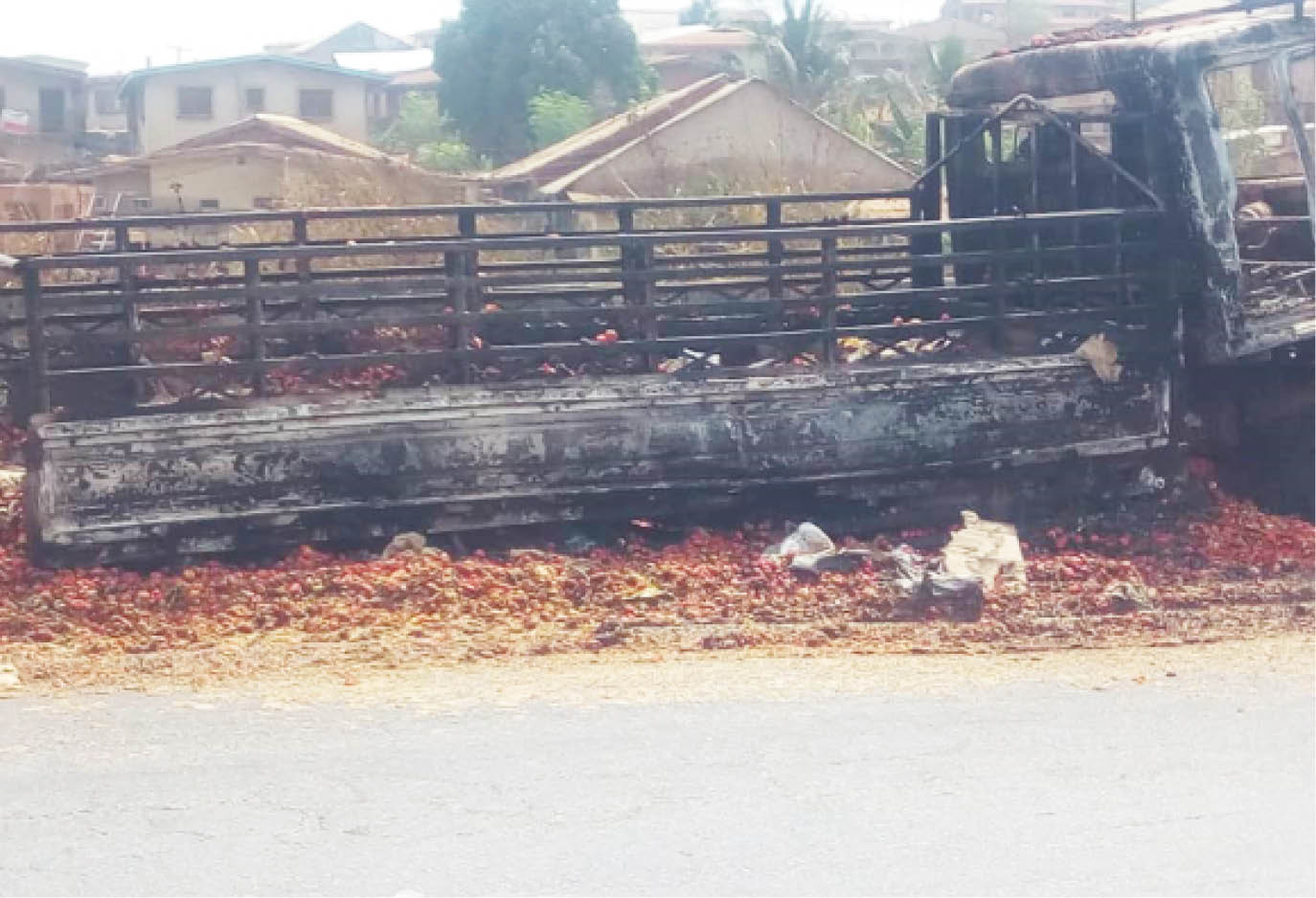By Dayo Lawal
A few weeks ago, during the unfortunate incident that led to a crisis in Shasha area of Oyo State, Vice President Yemi Osinbajo, SAN, delivered a powerful statement on the essence of unity and justice in society.
According to the VP, “Shasha market has been a melting pot for traders bringing foodstuff from the North to the Southwest for decades. Traders from the North have done business with their brothers from the Southwest and they have lived in peace and even inter-married. Shasha represents unity.”
The VP continued, “So when a disagreement arises between individuals or a criminal act is committed by one against the other we must ensure that we see it for what it is, a criminal act, which must be punished according to law. Not an ethnic conflict. Every Nigerian has a constitutional right to live, work and enjoy their lives in safety, peace under the law.”
In one swoop, VP Osinbajo reminded all Nigerians again of the essence of national unity and government’s commitment to ensure peace and justice for all. This was sacrosanct especially with the recent clashes between Hausa and Yoruba communities in Oyo State and parts of the South West.
Osinbajo further noted that it was “the duty of government through the police and other law enforcement agencies to arrest and prosecute any person who commits a crime against a citizen of this nation. It is the role of the citizen to assist the police to identify the criminals.”
This was the umpteenth time the Vice President has reiterated government’s commitment and the resolve of the Buhari administration to tackle injustice, insecurity, ethno-religious crisis and other forms of criminality in the land.
Expectedly, the National Economic Council (NEC), which is chaired by Osinbajo, has been at the heart of driving government’s actions on ensuring justice for all Nigerians and nipping crisis in the bud.
The actions by the Osinbajo-led NEC is amidst calls for justice by individuals in other previous crisis, prompting the adoption of far-reaching decisions by government, including the setting up of judicial panels of inquiry by NEC last October.
The Council had directed the immediate establishment of State-based Judicial Panels of Inquiry across the country to receive and investigate complaints of Police brutality or related extra-judicial killings so as to ensure justice for all victims of the dissolved SARS and other police units.
Despite the efforts of the Buhari administration to tackle injustice and insecurity, some critics have, at different times, accused the Federal Government of paying lip-service to the issue of the pursuit of justice for victims of violent clashes and related crimes across the country even as several measures have been deployed to address the concerns. This is far from the truth.
It is in acknowledgment of the fact that “injustice anywhere is a threat to justice everywhere” that President Buhari has between October 2020 and February 2021, taken concrete steps to address the situation head-on, rallying relevant stakeholders in ensuring that the situation does not degenerate.
Beyond rhetoric, the Buhari administration has, and is, indeed providing the sort of leadership required to address the wave of criminality and injustice across the country. The signing of the Police Act, and the endorsement of several reforms in the justice and law enforcement sector, affirm the administration’s commitment to social justice.
In a critical review of the security situation in the country at its last meeting of Thursday, February 18, 2021, the National Economic Council (NEC) chaired by Vice President Yemi Osinbajo, SAN and composed of Governors of the 36 States and the FCT, unanimously recommitted to ensuring the full protection of all Nigerians wherever they reside, without regard to ethnic, religious, or regional status.
According to a statement signed by the Senior Special Assistant to the President on Media and Publicity in the Office of the Vice President, “henceforth concerted efforts would be made towards the immediate investigation, arrest, and prosecution of all perpetrators of crime in the country while both the States and Federal governments should ensure the full protection of all residents of all States including non-indigenous communities and religious and ethnic minorities within state jurisdictions.”
The Council had also called for the strengthening of border controls to discourage cross-border crimes and the effective observation of ECOWAS Transhumance protocols.
As Prof. Osinbajo rightly asserted in his condemnation of the Shasha Market crisis, “a criminal act is committed by one against the other, we must ensure that we see it for what it is, a criminal act.” Truly, we must call a spade by its name. Leaders must unite across different divides to ensure issues of breakdown of law and order are tackled frontally in the manner advocated and adopted by the National Economic Council./

 Join Daily Trust WhatsApp Community For Quick Access To News and Happenings Around You.
Join Daily Trust WhatsApp Community For Quick Access To News and Happenings Around You.



